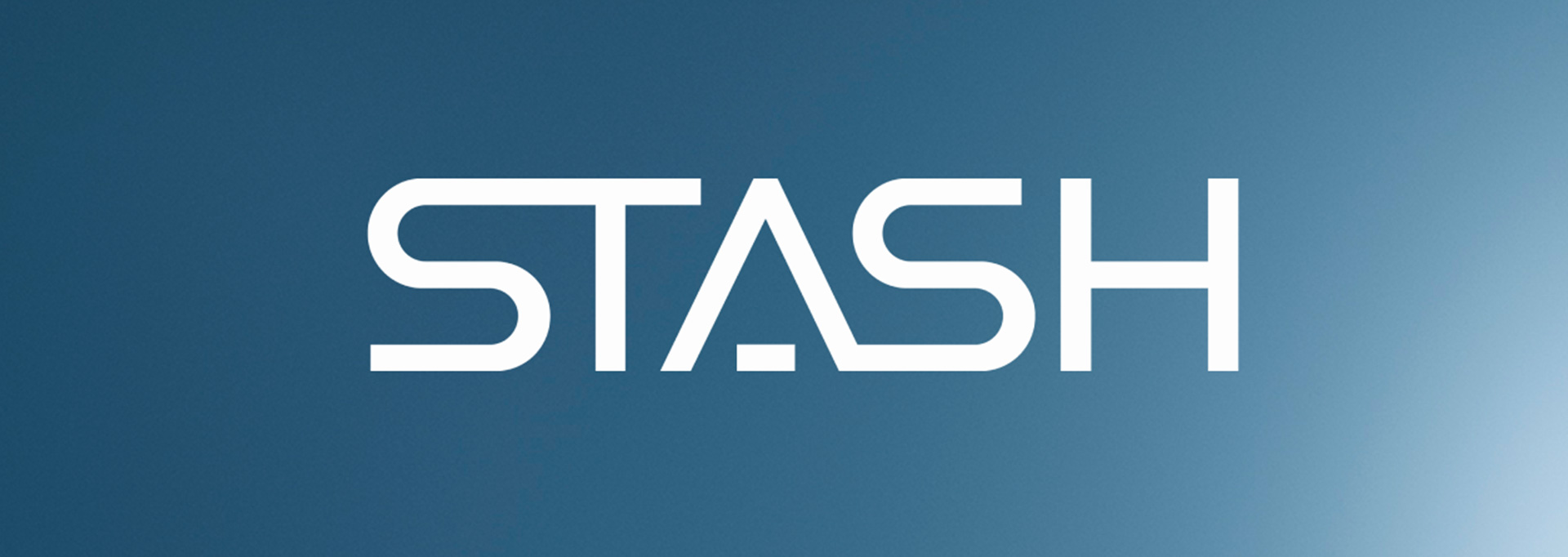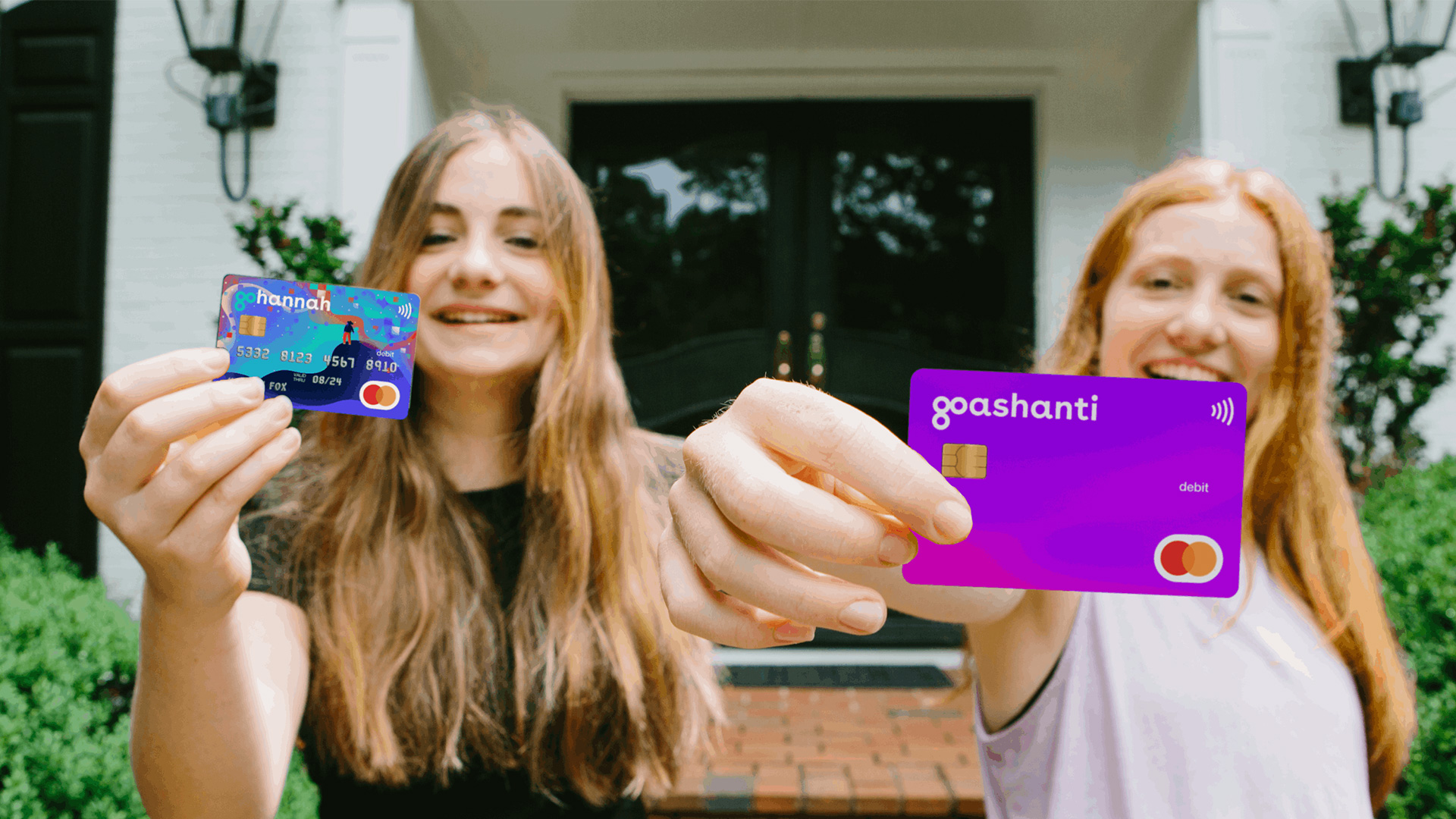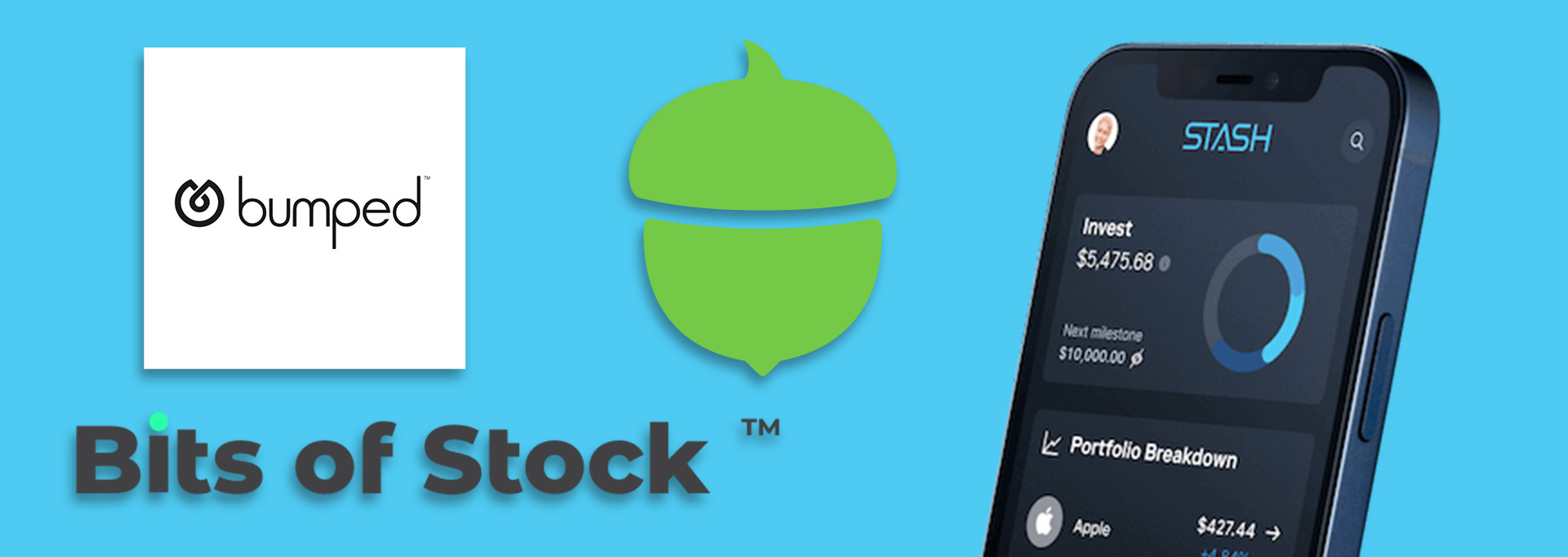Most products on this page are from partners who may compensate us. This may influence which products we write about and where and how they appear on the page. However, opinions expressed here are the author's alone, not those of any bank, credit card issuer, airline or hotel chain.
With roughly 40 million individual investors and nearly $10 trillion in assets under administration, Fidelity® Investments is the largest stock brokerage firm in the U.S.
So, if you're looking for a place to help your teenager get started with investing, Fidelity is certainly an option to consider. You and your teen could share a $50 bonus to help them get started on their saving and investing goals. If you're thinking about setting up an investment account for your child, here's what you should know about the Fidelity Youth Account.
Fidelity Youth Account Review
The Fidelity Youth Account is designed for minors between the ages of 13 and 17, giving them an all-in-one investing and cash management account that they can use to save, invest and spend their money. Unlike a custodial account, where a parent or guardian would make investment decisions on behalf of a minor, the Fidelity Youth Account is teen-owned, which means they get to enjoy a hands-on learning experience where make all of the decisions.
There are, however, some features that allow parents to maintain some control over the account. Here are some of the primary features to know about.
$50 Fidelity Bonus
When you open a Fidelity Youth Account with your teen, they have teh chance to earn a $50 bonus to help get them started on their investment journey. To earn this bonus, they just need to download the free Fidelity Youth app and activate their Youth account. Limited Time Offer. Terms Apply. Before opening a Fidelity Youth Account, you should carefully read the account agreement and ensure that you fully understand your responsibilities to monitor and supervise your teen’s activity in the account.
Fees
Your teenager won't be charged a monthly subscription fee or other account fees to open and maintain the account. What's more, if they use the debit card that's tied to the account to make ATM withdrawals, they'll be automatically reimbursed for all domestic ATM fees. Your Youth Account will automatically be reimbursed for all ATM fees charged by other institutions while using the Fidelity® Debit Card at any ATM displaying the Visa®, Plus®, or Star® logos. The reimbursement will be credited to the account the same day the ATM fee is debited. Please note, for foreign transactions, there may be a 1% fee included in the amount charged to your account.
Additionally, there's no minimum balance requirement, so your child can get started with any amount of money, and they don't have to worry about maintaining a specific balance to keep their account open and avoid fees.
Investment Options
Once your teenager has opened an account, they can learn to invest in stocks, exchange-traded funds and Fidelity mutual funds. If they don't have enough cash to buy full shares, they can buy fractional shares with as little as $1 per trade. Teens can also exchange unwanted gift cards for cash using the account, which gives them a chance to save or invest funds that could typically only be spent.
However, users currently cannot trade cryptocurrencies, penny stocks, international stocks, initial public offerings or foreign currencies. Fractional share quantities can be entered out to 3 decimal places (.001) as long as the value of the order is at least $0.01. Dollar-based trades can be entered out to 2 decimal places (e.g. $250.00).
Spending
While the Fidelity Youth Account is a brokerage account, it does come with a debit card that your teen can use to spend and withdraw money from their account. They just need to make sure they have enough cash in their account to cover the transactions, though they can sell investments if their balance isn't sufficient.
Learning Resources
The Fidelity Youth Account comes with several resources to help your teenager learn how to manage their money. The Youth Learning Center in the Fidelity Mobile® App includes an entire library of educational content about money management, and there are also some articles to help you have productive money conversations with your children. There's also a webinar that can help you and your teen get started with investing.
Parental Oversight
As previously mentioned, you'll be required to have a Fidelity brokerage or Cash Management Account to be able to open a Youth Account with your child. Since the account isn't a joint account and is owned by your teenager, they are allowed to make their own investment decisions.
However, as the parent, you'll still be able to do the following:
- Initiate and approve the opening of the account.
- Close the account or cancel the debit card.
- Review debit card statements and trade confirmations.
- Be the point of contact with Fidelity.
- Set up alerts for trades, transactions and cash management.
Note, however, that because the account funds belong to your teenager, they will be responsible for taxes on any gains. Consider working with a tax professional to ensure proper reporting.
Also, if you decide to close your Fidelity account, your login credentials will remain active, so you can continue to oversee your child's Youth Account activity.
Once your child turns 18, their Youth Account becomes eligible to transition into to a standard Fidelity brokerage account.
Is the Fidelity Youth Account Right for Your Teen?
If you're interested in helping your teenager learn how to manage and invest their money, the Fidelity Youth Account can be a good way to do it. However, you'll want to consider both the benefits and drawbacks of the account before you get started.
Pros
- Low Costs: You don't have to worry about monthly fees that eat into your teenager's investment gains. Some similar services, such as Acorns Early and Greenlight + Invest, have monthly fees.
- Gives Your Teen Control: Custodial accounts can be beneficial if you want to retain control of the funds in the account, but if you want your child to learn how to manage their money, giving them the reins can be helpful.
- Includes Spending and Saving Components: Your teen can also use their Fidelity Youth Account for banking purposes, making it easier for them to spend, save and invest in one place.
Cons
- Limited Parental Controls: Many brokerage accounts for minors, such as the Schwab One® Custodial Account and the Merrill Edge® Custodial Cash Management Account®, are custodial accounts that give the parent or guardian full access and control of the funds. If you aren't sure about giving your child full autonomy with their money management, this account may not be the right fit.
- Parent Must Have a Fidelity Account: If you use another broker for your investments, it can be a hassle to need to open another one just so your child can get the Youth Account.
- No Automated Investing: Having some limitations on what your teenager can invest in isn't a bad idea, but it can be daunting for them to do everything on their own with no automation involved.
As you consider the best fit for you and your child, take your time to shop around and compare several different youth-focused investment accounts to determine which one is right for you.
Marketing Bullets
- 'Open a Fidelity® Youth Account for your teen, and we'll drop $50 into their account.
- Your teen will get a $50 reward once they download the Fidelity Youth™ app and activate their Youth Account.¹
- The app is free²—plus, no monthly fees or account minimums to open.³
- Teens get their own debit card with no domestic ATM fees.⁴
- Interactive lessons, video, articles, tools, and calculators help jumpstart your teen's financial education. Teens get reward dollars for every level they complete.
- Learning to invest is easy: Teens can invest in stocks, mutual funds, and ETFs with as little as $1.⁵
- Parents can keep an eye on their teen's spending, set up alerts, and maintain visibility into account and trading activity.
- Teens are empowered to make, manage, and invest their own money so they feel more prepared for their financial future.
Disclosures
The Fidelity Youth Account can only be opened by a parent/guardian. Account eligibility limited to teens aged 13-17.
¹Limited Time Offer. Terms Apply. Before opening a Fidelity Youth Account, you should carefully read the accent agreement and ensure that you fully understand your responsibilities to monitor and supervise your teen's activity in the account.
²The Fidelity Youth™ app is free to download. Fees associated with your account positions or transacting in your account apply.
³ Zero account minimums and zero account fees apply to retail brokerage accounts only. Expenses charged by investments (e.g., funds, managed accounts, and certain HSAs) and commissions, interest charges, or other expenses for transactions may still apply. See Fidelity.com/commissions for further details.
⁴Your Youth Account will automatically be reimbursed for all ATM fees charged by other institutions while using the Fidelity® Debit Card at any ATM displaying the Visa®, Plus®, or Star® logos. The reimbursement will be credited to the account the same day the ATM fee is debited. Please note, for foreign transactions, there may be a 1% fee included in the amount charged to your account. The Fidelity® Debit Card is issued by PNC Bank, N.A, and the debit card program is administered by BNY Mellon Investment Servicing Trust Company. These entities are not affiliated with each other, and Fidelity is not affiliated with PNC Bank or BNY Mellon. Visa is a registered trademark of Visa International Service Association, and is used by PNC Bank pursuant to a license from Visa U.S.A. Inc.
⁵Fractional shares quantities can be entered out to 3 decimal places (.001) as long as the value of the order is at least $0.01. Dollar-based trades can be entered out to 2 decimal places (e.g. $250.00)
Fidelity Brokerage Services LLC, Member NYSE, SIPC 900 Salem Street, Smithfield, RI 02917

















